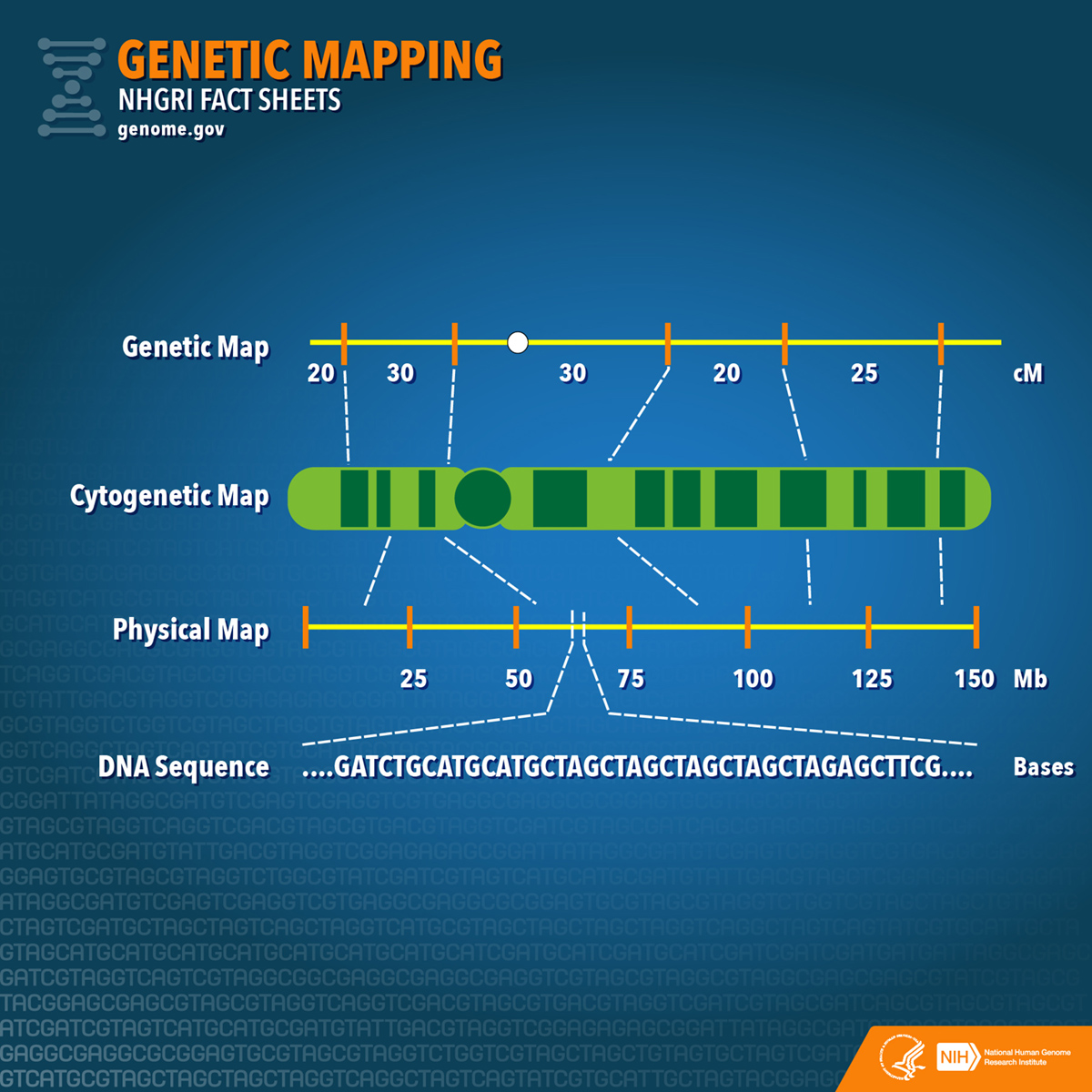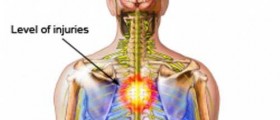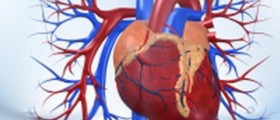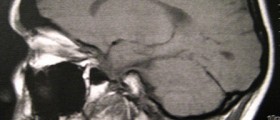
Genetic disease is a disorder caused by abnormality in a person’s DNA. This can lead to different chronic and incurable medical conditions. These diseases can be inherited or acquired due to gene mutations.
Rare Genetic DiseasesAlkaptonuria
Alkaptonuria is rare, inherited condition in which urine of a person turns black when exposed to the air. The condition is also called black urine disease. The cause of alkaptonuria is a defect in the HGD gene. About 1 in 250,000 to 1 million people worldwide suffer from this disease. Alkaptonuria occurs when a substance called homogentisic acid or alkapton, which is a byproduct of toxic tyrosine, builds up in the body and then is excreted in the urine. Excess alkapton in the body can lead to osteoarthritis, coronary artery disease, kidney stones and prostate stones in males. Alkaptonuria causes symptoms such as: dark spots on sclera (white part of the eye) and darkening of the skin. People with the disease should consume sources of vitamin C and avoid foods rich in tyrosine and phenylalanine.
Hereditary Angioedema (HAE)
Hereditary angioedema or Quincke’s disease is another rare inherited disorder caused by mutations in the C1-INH gene (C1NH). The disease affects about 1 in 150,000 people. Hereditary angioedema is characterized by episodes of build up of fluid outside the blood vessels leading to swelling of tissues. Swelling commonly occurs in the arms, legs, eyes, intestinal tract or airway. Swelling of gastrointestinal tract causes abdominal pain while swelling of the airway can result in obstruction.
Kartagener’s SyndromeKartagener’s syndrome is a rare congenital defect that causes chronic lung disease. It is estimated that Kartagen’s syndrome occurs in 1 in 30,000 people. Mutation of DNAH5 and DNA11 genes are responsible for development of the syndrome. This condition occurs due to abnormality of the ciliary motion. Kartagener’s syndrome is associated with following symptoms: difficulty breathing, chronic cough, wheezing, sinus infection, bronchitis and infertility. It can be treated with medications, chest physiotherapy and surgery.
Krabbe Disease
Krabbe disease is genetic disease that affects the central nervous system. It is caused by defect in the GALC gene which causes disorder in the myelin sheath and leads to destruction of the brain cell. Krabbe disease affects about 1 in 100,000 people. The condition in infants leads to fatal outcome before the age of 2. This disease causes progressive hearing loss, blindness, vomiting, seizures, changing muscle tone and mental retardation. Krabbe disease can be treated with bone marrow transplantation or cord blood transfusion.
Mucopolysaccharidosis VI
This genetic disease is seen in about 1 in 300,000 people. The cause of mucopolysaccharidosis VI is in deficiency of N-acetylgalactosamine 4 –sulfatase, an enzyme required for break down of polysaccharides. The condition is associated with short stature, mental retardation, deafness, blindness and respiratory diseases. It can be treated with enzyme replacement therapy.
Tuberous Sclerosis (TS)Tuberous sclerosis is a genetic disease that occurs in 1 in 10,000 people worldwide. The condition is caused by mutations in theTSC1 and TSC2 gene. Tuberous sclerosis is characterized by non cancerous growths in the brain, lungs, heart and kidneys. This disease commonly causes skin problems, epileptic seizures, mental retardation, behavioral problems and kidney disease.

















Your thoughts on this
Loading...